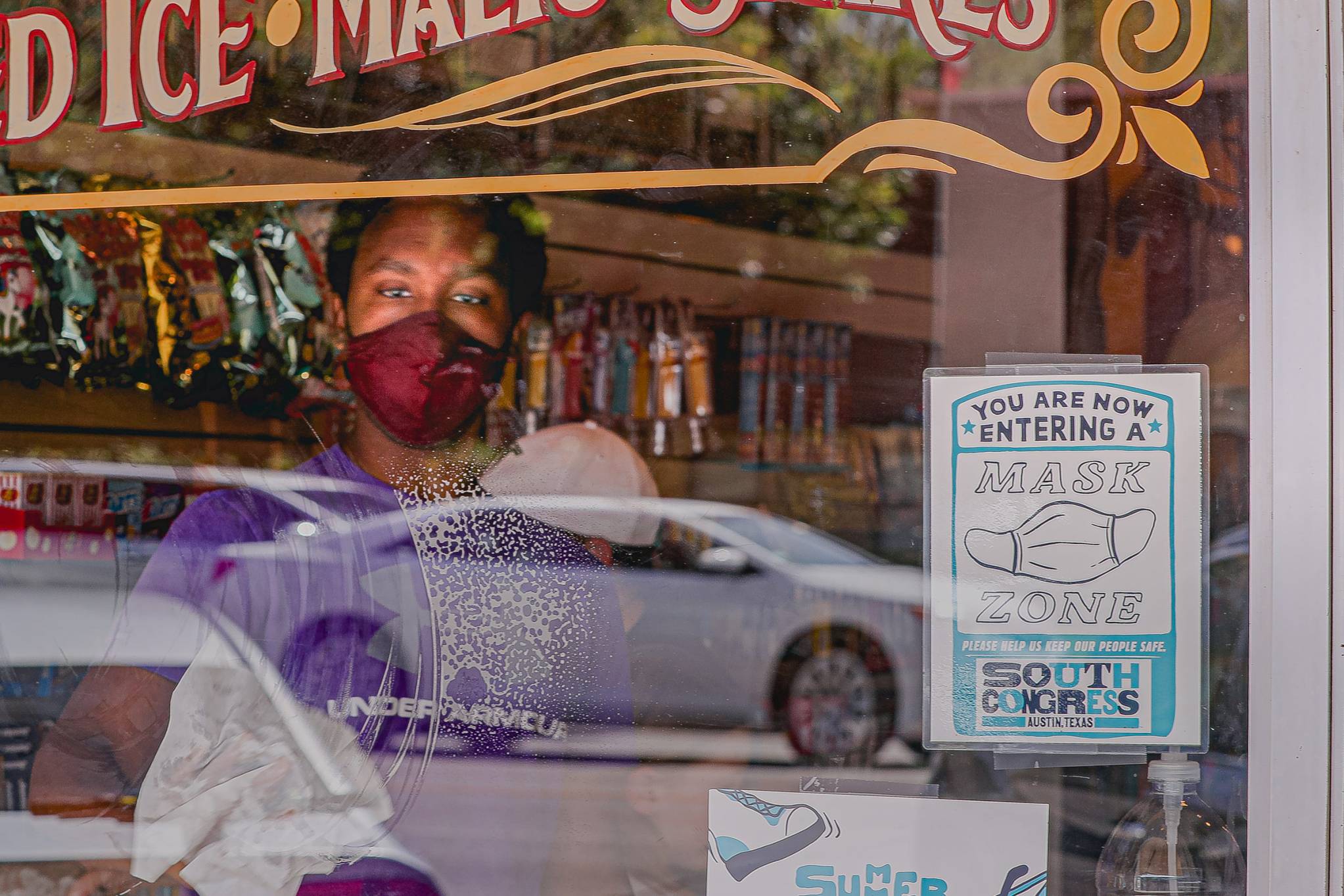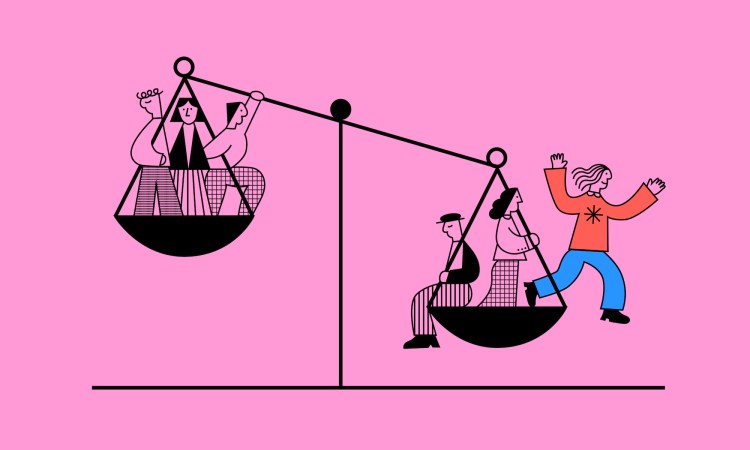Are you thirsty?
Some of the
Coolest
Most refreshing
Deepest cleansing
Absolutely soothing
W A T E R
doesn’t come from a faucet
Doesn’t pour from a pitcher
Doesn’t spill from a glass
Doesn’t cascade down from the sky
Are you thirsty
Sip with your eyes
Drink with your fingers
Gulp with your ears
Have your fill
And then go about
Quenching
Another’s dripless
Yearning
It’s not so much
WHEN WAS THE LAST TIME
YOU DRANK YOUR FILL
so much as
WHEN WAS THE LAST TIME
YOU QUENCHED A THIRST. . .
If you’re not letting
YOUR WATER
f l o w
you are
stinking stagnant . . .























